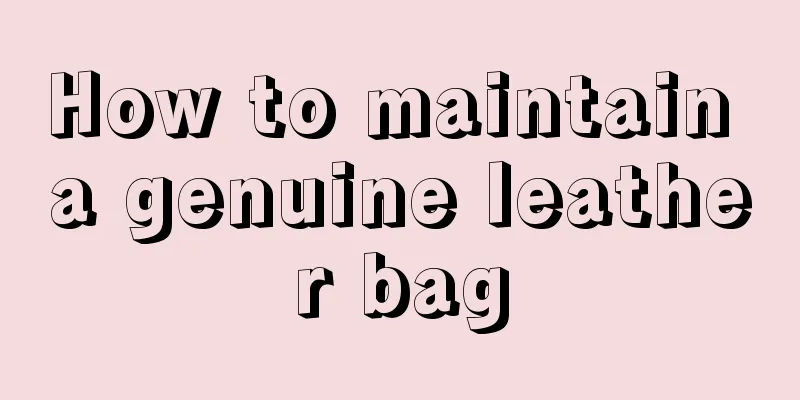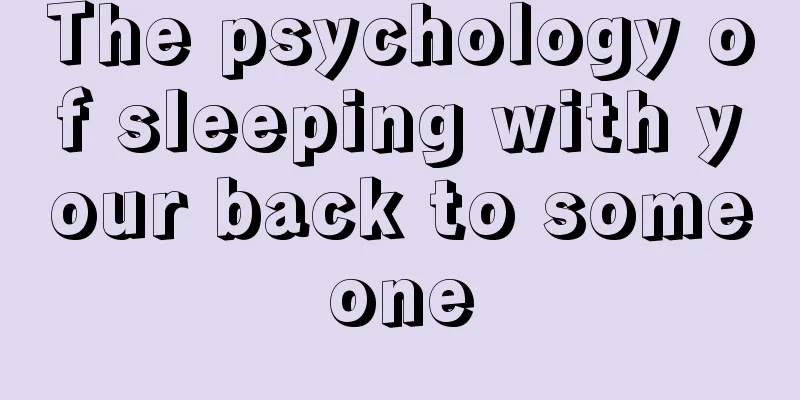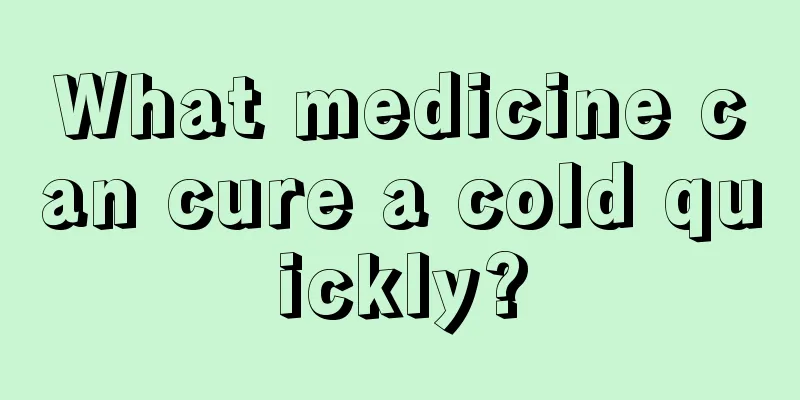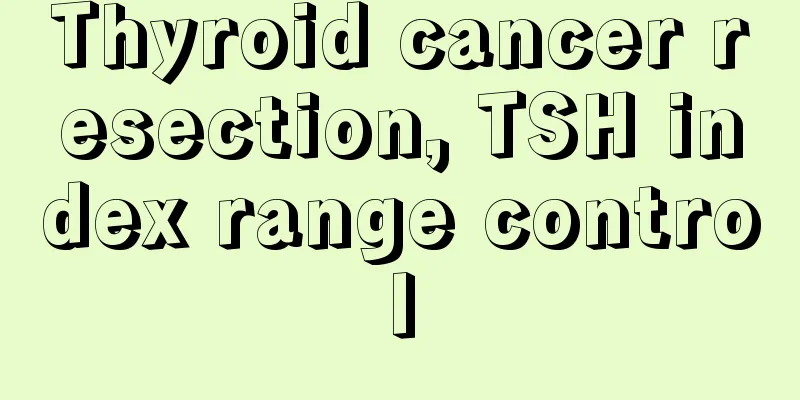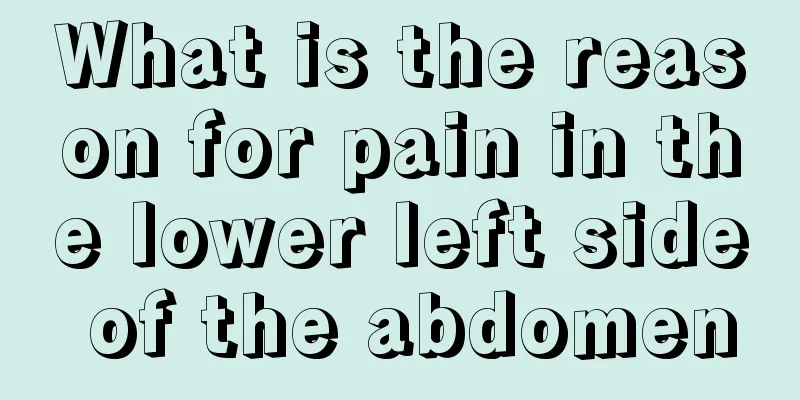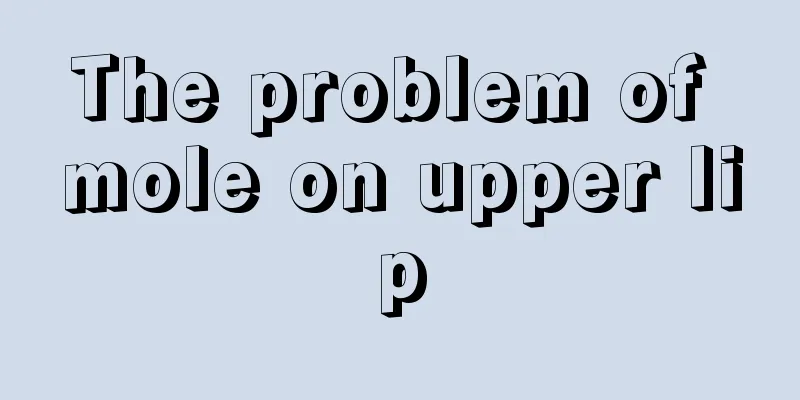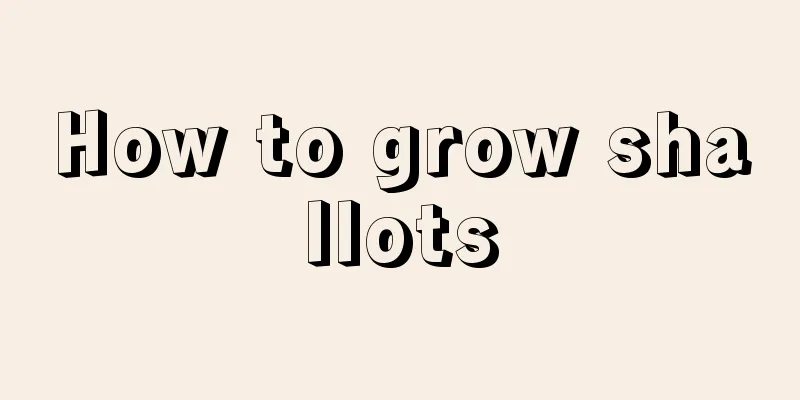Hepatitis B vaccine validity period, you should know when injecting
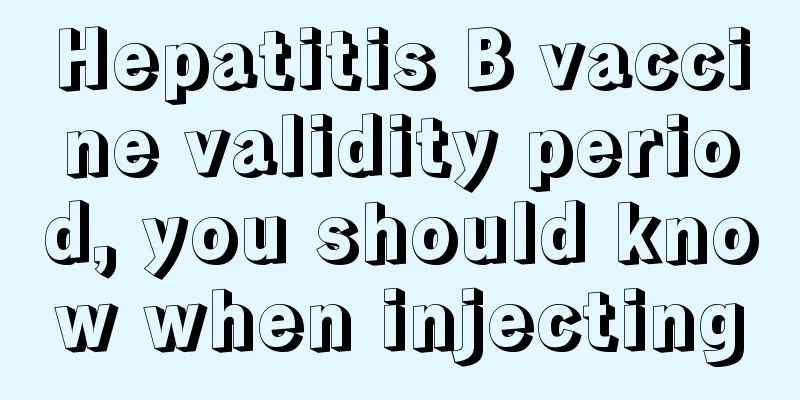
|
Everyone knows that medicines have a shelf life. Expired medicines not only have no therapeutic effect, but can even cause harm to the human body, especially vaccines, which are more harmful and can endanger life if not taken seriously. I believe everyone knows about the major vaccine case some time ago. So does the hepatitis B vaccine have a shelf life? Hepatitis B vaccine is a special medicine used to prevent hepatitis B. After people are vaccinated with the vaccine, the body will have immunity to prevent hepatitis B, thereby achieving the purpose of preventing hepatitis B infection. Vaccination with hepatitis B vaccine is the most effective way to prevent hepatitis B virus infection. Hepatitis B vaccine is the most effective way to prevent hepatitis B infection, but it does not mean that you will not be infected with hepatitis B after being vaccinated. Hepatitis B vaccine also has an effective period. How long is the effective period of hepatitis B vaccine? After vaccination, how long does it take to be vaccinated again? Hepatitis B vaccine is a genetically engineered vaccine currently used clinically in my country. It is a safe and effective product with few side effects. According to statistics, the conversion rate of hepatitis B surface antibodies in the human body is high after vaccination with the hepatitis B vaccine, and the effective protection period is more than 5 years. The antibody levels produced after hepatitis B vaccination gradually decrease over time. Generally, after vaccination, 97% of people can detect surface antibodies one month after three injections; the level remains at this level in the second year; and drops to around 74% in the third year, and the antibody titer also decreases. Whether revaccination is needed depends mainly on whether the titer of hepatitis B surface antibodies is measured and then deciding when to get the hepatitis B vaccine again. Those whose hepatitis B surface antibody titer is less than or equal to 10 international units/ml should be vaccinated within six months. If the antibody titer is greater than 10 international units/ml, revaccination can be performed within 6 years. Many medical experts in China recommend a booster shot within three years after immunization. After receiving the hepatitis B vaccine, blood should be drawn for testing to check the two-to-half ratio. If the anti-HBs is positive, it means that the vaccination is successful. The anti-HBs titer should also be checked. If the highest anti-HBs titer is only 10-100mIU/m1, it is best to revaccinate once after 6 months; when the highest anti-HBs titer is 101-1000mIU/ml, anti-HBs should be retested within 1-2 years after the first vaccination; if the anti-HBs is 1001-10000mIU/ml, it should be retested within 2-4 years; when the anti-HBs is greater than 10000mIU/ml, it can be retested within 4-6 years; when the anti-HBs titer is found to be lower than 10mIU/ml, revaccination should be carried out, and the revaccination should still be carried out according to the dosage and time plan of the initial vaccination. |
<<: What is the effect of Chinese medicine cherry tomatoes
>>: What is a hepatitis B virus carrier?
Recommend
What is the cause of eye pain? What causes it?
Sometimes, many friends will feel swelling and pa...
What are the dangers of genetically modified foods?
In fact, we may rarely hear the word genetically ...
How can newlyweds have a sex life that will make them happier
The wedding night is so exciting, but the newlywe...
How should you breathe during exercise?
Many people do not understand how to breathe duri...
Treatment of spinal compression fractures
I believe some of my friends have had such an exp...
I can't hear anything after swimming because water got into my ears
In the summer, water getting into the ears is a v...
What is the problem with thyroid tumor
Thyroid adenoma is the most common benign tumor, ...
Is kidney cancer contagious between husband and wife?
Kidney cancer is a type of malignant tumor, and m...
When is the best time for a cesarean section
We all know that conceiving a baby is a lifelong ...
Can scalp scraping help promote hair growth?
Severe hair loss is mostly caused by staying up l...
I sweat as soon as I wake up from sleep
Many female friends have reported that they alway...
How to wash mildew stains off clothes?
In real life, after clothes are kept in the close...
In early summer, you should stick to 7 "more" things to maintain your health
In early summer, the temperature is high and ener...
What to do if facial muscle twitches?
Uncontrolled twitching of facial muscles may not ...
What disease is it that causes fleshy lumps all over the body
Some people are born with a physique that is pron...

